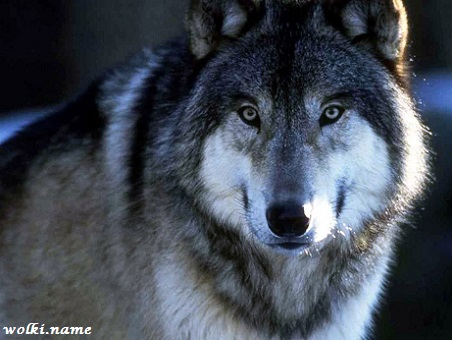09
Aug
Press Release: Top Wolf Experts Excluded From Scientific Review of Wolf Delisting Proposal
For Immediate Release, August 8, 2013
Press Contact: Brett Hartl, (202) 817-8121
Top Wolf Experts Excluded From Scientific Review of Wolf Delisting Proposal
Unprecedented Step Undermines ‘Best Available Science’ Mandate of the Endangered Species Act

WASHINGTON— The U.S. Fish and Wildlife Service this week disqualified many of the nation’s leading wolf researchers from participating in the scientific peer review of the agency’s proposal to end federal protections for gray wolves across most of the lower 48 states. The scientists are being excluded from the peer review, which is required for all proposals to give or remove protection to species, because they signed a letter calling into question some of the science behind an advanced version of the proposal that was leaked to the press. In total, 16 leading wolf scientists signed the letter and are excluded from the review.
“The future of wolf recovery in the United States is at stake here and the Fish and Wildlife Service ought to be seeking advice from the very best wolf experts we have,” said Brett Hartl, endangered species policy director with the Center for Biological Diversity. “This is like a hospital excluding its top doctors from deciding on the best way to save a patient’s life.”
Peer review is critical in ensuring that federal protections are not lifted before a species is fully recovered. In the case of the wolf, the Fish and Wildlife Service is contracting with a private company to conduct the peer review. Recognizing their scientific expertise, the contractor hired for the review contacted several of the signers to the letter to participate in the review, including Dr. John Vucetich, Dr. Robert Wayne and Dr. Roland Kays, but then at the direction of the agency rescinded the invitations. Fish and Wildlife argues that these scientists have an unacceptable “affiliation with an advocacy position.”
“The decision to end wolf protections should be based on a critical evaluation of the science, but that won’t happen if dissenting opinions are excluded before the conversation even starts,” said Hartl. “These scientists aren’t chaining themselves to trees or blockading the entrance to the Department of the Interior, they’re merely trying to make sure that the best available science truly informs policy.”
This is the first time the Fish and Wildlife Service has excluded scientists simply because they had advocated for a particular position based on their scientific expertise. In a review of a 2012 proposal to designate critical habitat for the northern spotted owl, for example, the agency included 40 scientists, a number of whom had spoken out for stronger protections for the owl, to review the proposal. No scientists were disqualified from the review. Now, in a clear attempt to limit meaningful scientific comment, the peer review process may become nothing more than an empty formality.
The letter from the scientists and another from the American Society of Mammalogists raised a number of scientific questions about the agency’s proposal to remove protections for wolves. In particular, they questioned how wolves could be considered recovered when the species is absent from significant portions its range, and a determination by the Service that there are two species of wolves in the United States, the gray wolf (Canis lupus) and the eastern wolf (Canis lycaon). These are important questions that should be thoroughly vetted.
Background on Scientists Excluded from Review:
The following scientists have been excluded based on the Service’s new restrictions on peer reviewers with an “affiliation” with advocacy because each of them signed onto a letter to the Service raising scientific concerns about the Service’s proposal to delist the wolf:
– Dr. John Vucetich of Michigan Technological University. Vucetich has been studying the wolves of Isle Royale National Park for the last 20 years and is one of nation’s leading wolf researchers. Vucetich was a member of the Mexican wolf recovery team and in 2011 participated as a peer reviewer of the Service’s decision to drop federal protections for the gray wolf in Wyoming.
– Dr. Robert Wayne of the University of California, Los Angeles. Wayne is a leading wildlife geneticist and has studied the evolutionary and ecological relationship between wolves and other canine species in the United States and around the world.
– Dr. Roland Kays of North Carolina State University. Kays is a zoologist whose research focuses on the ecology and conservation of mammals. Kays’ research has focused on the genetic relationship and evolution of wolves and coyotes in North America.
The Center for Biological Diversity is a national, nonprofit conservation organization with more than 625,000 members and online activists dedicated to the protection of endangered species and wild places.
Follow this link to submit your comments to the Fish and Wildlife Service. Insist that the best available science be used in their decision making process. Talking points are included.
______________________________________________________________________
Click here to join our email list for Mexican gray wolf updates and action alerts.
Visit us on Facebook here.
Click here to join our email list for Mexican gray wolf updates and action alerts.
Visit us on Facebook here.



